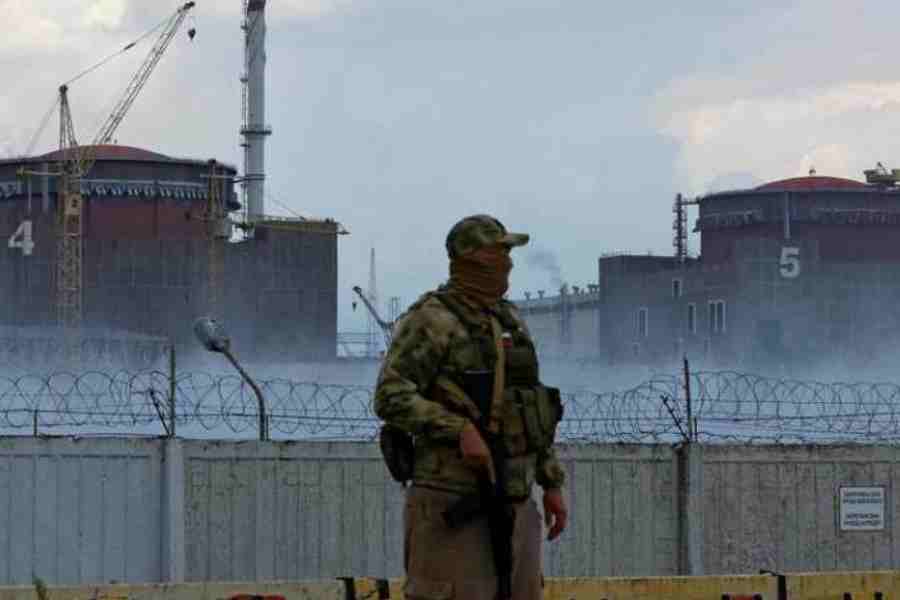The head of the International Atomic Energy Agency said on Tuesday that he had established five basic rules to avoid a nuclear catastrophe at Ukraine’s Zaporizhzhia nuclear power plant and that he would publicly report any violations.
Rafael Mariano Grossi, the director general of the IAEA., briefed the UN Security Council on the rules, which are largely based on safety principles the agency established a year ago. The requirements are fairly straightforward — the first stipulates that “there should be no attack of any kind from or against the plant”.
Russian forces have controlled the plant — Europe’s largest — for more than a year. The plant is no longer producing electricity for outside use, but Ukrainian workers continue to perform essential functions, including operating critical cooling equipment.
Frontline fighting has repeatedly damaged the facility, disrupted its power supply and contributed to a staffing crisis that is “not sustainable”, Grossi said on Tuesday.
Grossi’s promise to report violations comes after months of unsuccessfully trying to establish a security zone around the plant, where the agency has stationed its own monitors.
Even as Russia and Ukraine accused each other of causing damage and outages, Grossi largely avoided placing blame on either country while he sought to negotiate an agreement.
Grossi told the Council that the new rules had been established in consultation with Ukrainian and Russian officials at the “highest levels”, but it remained unclear whether the two nations would abide by them.
The new rules say that the plant should not be used as a base for heavy weaponry or military personnel that could be used in an attack; that the plant’s off-site power supplies should not be put at risk; that all structures and systems essential to the security of the plant’s operations should be protected; and that no action should be taken to undermine the above security principles.











